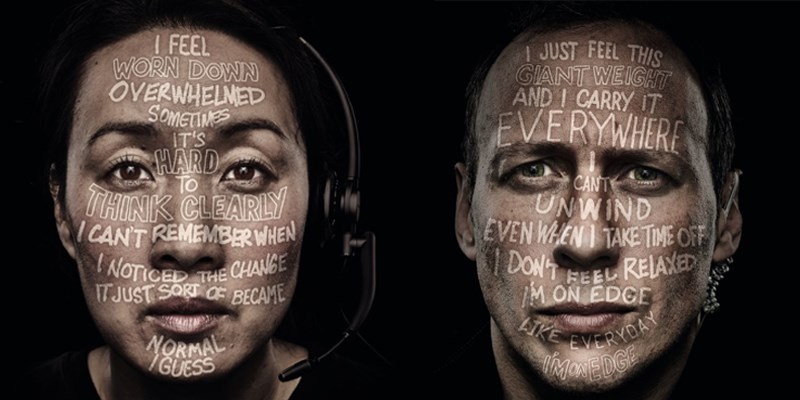Hundreds of firefighters, police and paramedics from across B.C. will gather in Richmond this week for a conference on first responder mental health.
The first-ever meeting, hosted by the BC First Responders Mental Health Committee, promises to give those working on the front lines more tools to support their mental well-being.
“First responders experience traumas and stressors on the job that are unlike those seen in most other occupations,” a WorkSafeBC release read. “Research has shown they are at higher risk of mental health injuries, and that the stigma around mental health in their workplaces can be an obstacle to getting help.”
First responders make up less than one per cent of B.C.’s total work force, but in 2016 and 2017 they accounted for 10 per cent of allowed claims for mental health injuries from WorksafeBC.
Richmond Fire-Rescue Chief Tim Wilkinson said the conference is so popular that the department could only secure one seat for its management team. More staff members are expected to attend.
“(Our department has) a focus on creating an environment where the mental, physical and spiritual well-being of our staff is paramount. This conference is expected to provide high quality educational sessions that will assist us to develop meaningful programs.”
The Richmond News has previously reported how mental illnesses like PTSD affect Richmond firefighters, including the story of one retired Richmond firefighter whose suicide sharpened the department’s focus on piercing the stigma surrounding it.
Even though first responders are known to suffer higher rates of mental illness, getting compensation from WorkSafeBC can still be an uphill battle even after presumptive legislation was introduced, as another retired firefighter shared.
This week’s conference includes keynote speakers on lifting taboos around mental illness and sessions on resilience and return to work.
Tickets to the conference are now sold out, but the BC First Responders Mental Health Committee provides additional resources on its website. The committee was formed in 2015 to help improve first responder mental health, and they’re known for their “share it, don’t wear it” awareness campaign.



